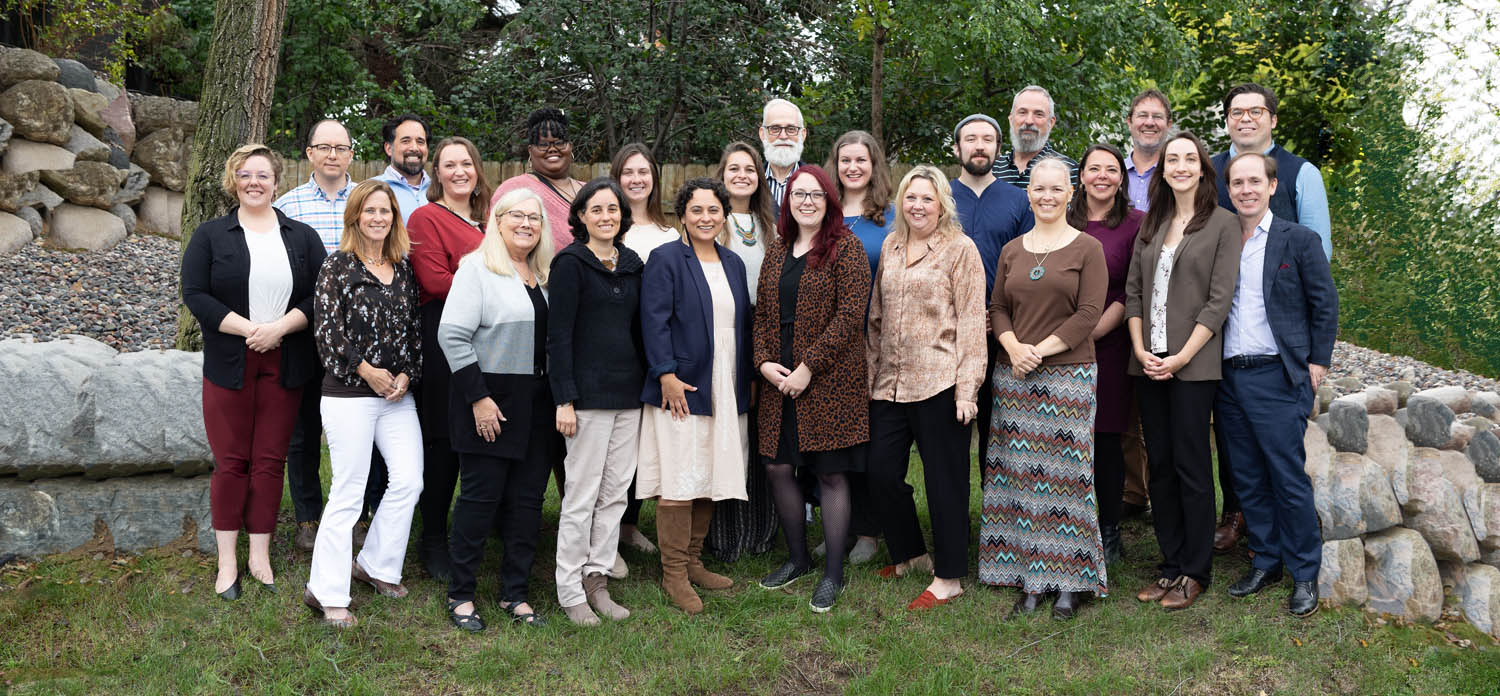- Have you tried everything you can think of – and it still hasn’t worked?
- Are you having the same conversation over and over (again)?
- Is your marriage falling apart in front of your eyes?

Love Better. Be Better Loved.
We at the Relationship Therapy Center understand that seeking therapy can be a vulnerable process. We welcome and affirm all clients and relationship types with care and respect regardless of culture, ethnicity, religious belief, or sexual orientation/gender identity. Let our compassionate and competent therapists at the Relationship Therapy Center help.
- Are you feeling alone in your relationship?
- Has there been an affair or betrayal?
PROGRAMS OFFERED
To provide the best level of care – we offer a variety of services
INTENSIVE COUPLES COUNSELING
INTENSIVE COUPLES COUNSELING
Our highest level of service by our most experienced therapists.
Make-it-or-Break- It Counseling
Make-it-or-Break- It Counseling
Designed to help couples get unstuck and figure out if they want to work on it or move on.
Couples Counseling
Couples Counseling
Relationships are what life is about. Let us help you recover the connection you’ve lost.
INDIVIDUAL COUNSELING
INDIVIDUAL COUNSELING
Whether you’re dealing with past trauma, depression, anxiety, or other mental health struggles – we are here to help.
Children & Adolescents
Groups & Workshops
Meet Our Counselors
We’re excited to have you meet our team devoted exclusively to helping couples. You’ll find only highly qualified therapists here.

WHY CHOOSE US?
RTC’s Mission
To help people grow in health and happiness in their important relationships.
Our Core Values
- Effectiveness
- Growth
- Connection
Our Success Rates
In the last 10 years, over 75% of the Relationship Therapy Center’s clients have reached or exceeded their set goals.
Request Appointment
Please fill out our form and we will give you a call as soon as we possibly can. We appreciate your interest in our services.


